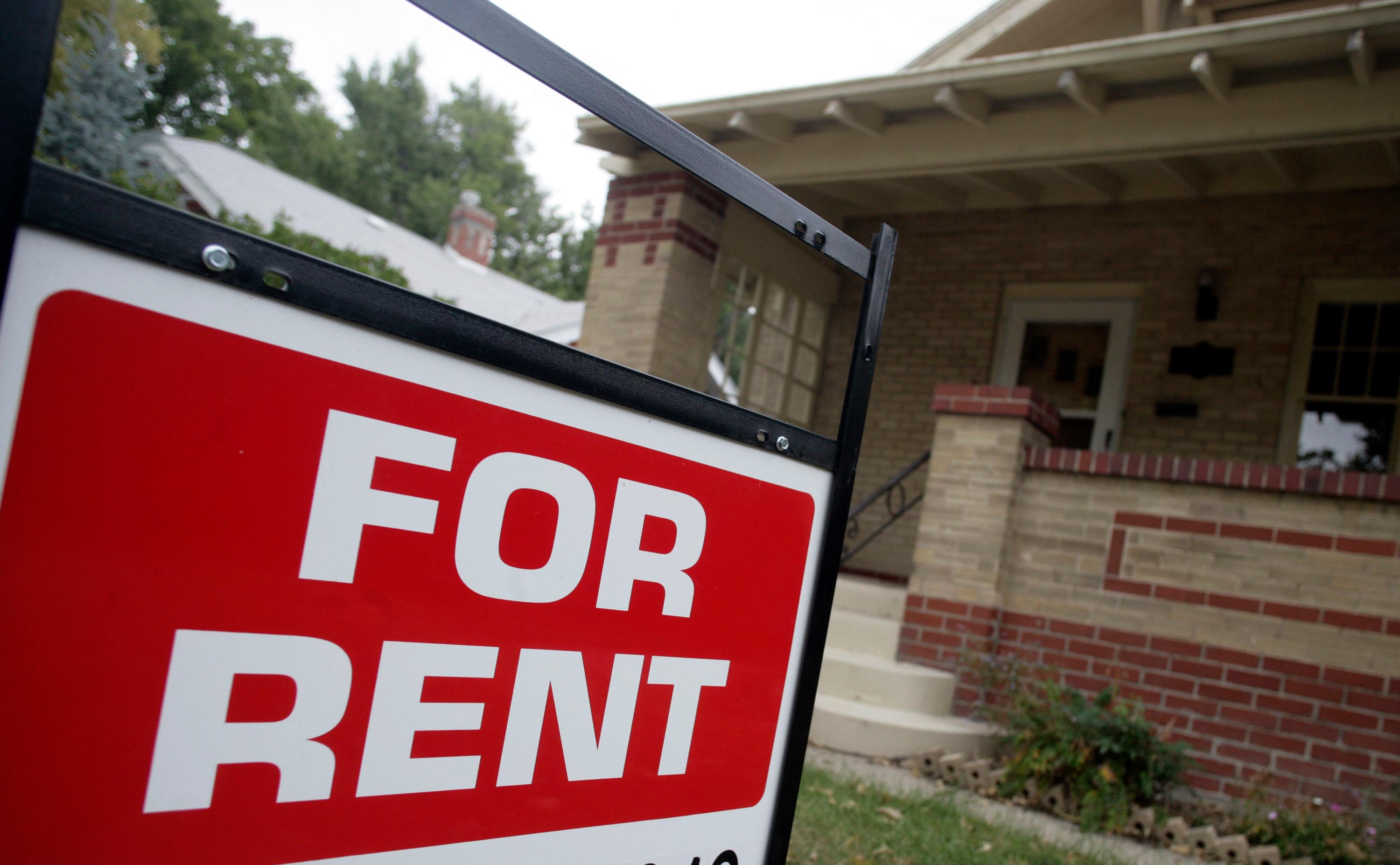
Tonya York’s lease on her house in Aurora ran out last year. It left her and her three kids and dog homeless.
“I actually have a housing voucher, worth three bedrooms," she says. "That’s a $1,400 voucher -- and I still could not find a place to stay.”
York works full time and she eventually found a much smaller place in Thornton. But even with public assistance, she says she spends more than 30 percent of her income on housing. And as a result, York says, she can’t buy as much food or school supplies for her kids as they need.
“There’s no movies," she says. "And starting school this year, they started with no new clothes. They started with used school supplies. Everything was just really tight.”
York is one of a growing number of residents in Adams County making tough spending choices.

A new report finds that spells trouble not just for those families, but entire cities. When people have less disposable income, they spend less, meaning local governments collect less sales tax revenue. And that’s just one way the lack of affordable housing can hurt local economies, according to a new study from the Piton Foundation and Colorado State University.
Phyllis Resnick is lead economist at CSU’s Colorado Futures Center and co-authored the study. She says local governments in Adams County collectively lost out on $6 million in revenue in 2013 because residents spent more money on housing and less on other things.
At the same time, Resnick and co-author Jennifer Newcomer, director of research at the Piton Foundation, found that local governments are also spending more money on social services.
Resnick says historically counties in Colorado have supported programs that help residents pay for food, child care, or utility bills. But as needs increase, municipal governments set aside more money for those services.
"A number of the municipalities in Adams County have chosen to dedicate a portion of their general funds to providing support to nonprofit organizations that assist residents in a human service capacity," the report says. Resnick adds that just a few years ago, those funds didn't exist at the city level.
Statewide, more than half of renters in Colorado are considered "housing cost burdened," meaning they spend more than 30 percent of their income on housing, according to a report released last week by CFED.








